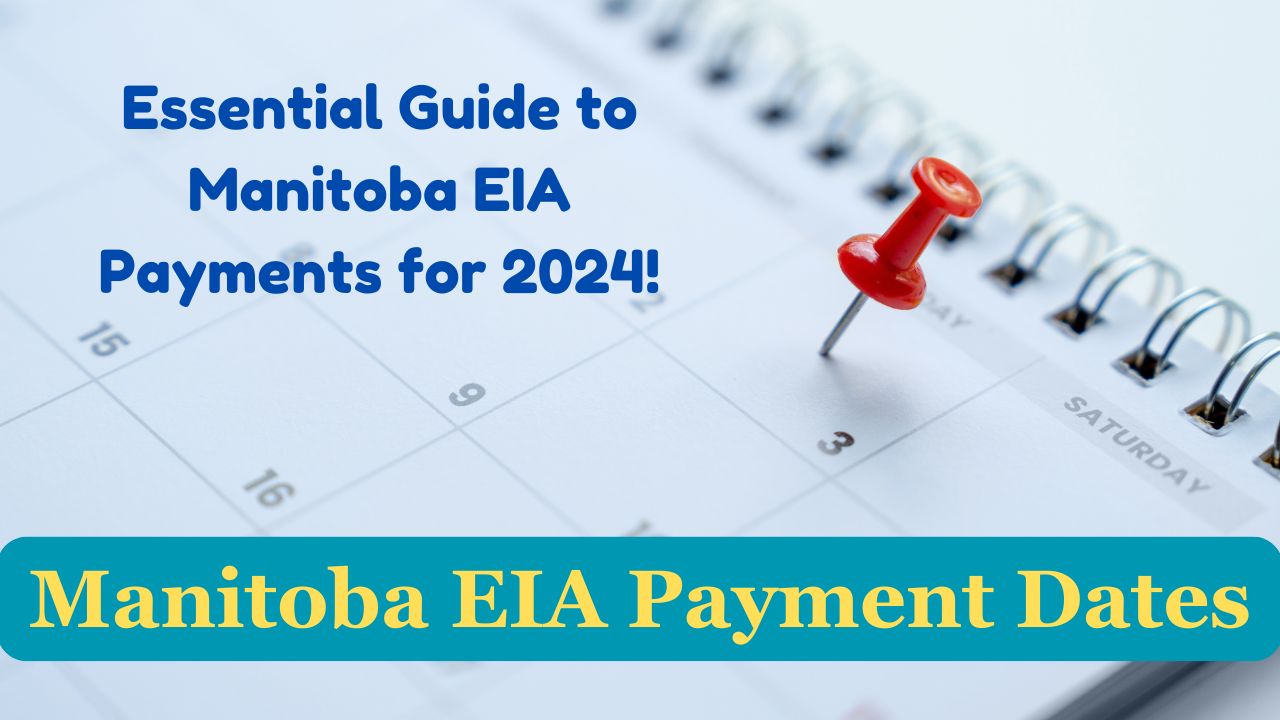The UK government has made changes to the DWP Personal Independence Payment (PIP) system for 2025. These updates include changes to the yearly £5,000 payment and new provisions for beneficiaries. PIP provides financial help through cash payments or vouchers to people with disabilities or health issues.
This support is crucial during tough economic times caused by rising living costs and inflation. The changes aim to make PIP more efficient and accessible for those who rely on it. Recipients can use the allowance for healthcare needs, daily expenses, and essential services.
This article will explain the new provisions, the key updates in the PIP system, and how these changes can benefit those in need. If you are a current beneficiary or want to know more about PIP, this guide will provide useful details about the 2024 updates.
DWP PIP Vouchers 2025: Key Updates
The Personal Independence Payment (PIP) program, managed by the Department for Work and Pensions (DWP), supports people with disabilities and health conditions. To address rising inflation and the increasing cost of living, the DWP has introduced changes to improve PIP benefits.
Currently, about 3 million people in the UK depend on PIP for essential expenses. In April 2024, PIP rates were raised by 6.7%. Weekly payments now range from £28.70 to £184.30, based on eligibility and need. This increase aims to reduce financial stress for beneficiaries.
Switch from Cash to Vouchers
A major proposed change is replacing cash payments with vouchers. The DWP says this will ensure funds are used for healthcare, daily needs, and mobility support.
However, many recipients are unhappy with this idea. They feel vouchers limit their freedom to manage expenses. The DWP believes this shift will make benefits more efficient and purposeful.
As the debate continues, beneficiaries should stay updated about these changes. Whether you already receive PIP or plan to apply, these updates show how the program is evolving to meet the needs of vulnerable citizens in the UK.
DWP PIP Vouchers Eligibility: Who Can Apply?
To get Personal Independence Payment (PIP) benefits, applicants must meet specific eligibility criteria set by the UK government. These rules ensure that help reaches those who need it the most, especially people facing health or mobility issues.
1. Health Challenges
Applicants must have serious difficulties in daily activities like cooking, dressing, cleaning, or moving around. These challenges should make it hard for them to live independently.
2. Residency and Citizenship
Only UK residents with verified UK citizenship can apply. This ensures the benefits go to eligible citizens living in the UK.
3. Duration of Illness
Applicants must have faced these issues for at least three months. Their condition should also be expected to continue for nine more months. This rule ensures that support is given to those with long-term challenges.
Need More Help?
For more details, visit the official DWP website or the UK government’s portal. These platforms provide all the information about how to apply, required documents, and eligibility rules.
Understanding these points is important for anyone planning to apply for PIP benefits. It helps them know if they qualify and guides them through the application process.

Yearly £5,000 PIP Payment Update: What You Should Know
The Department for Work and Pensions (DWP) has introduced changes to the Personal Independence Payment (PIP). Beneficiaries may now qualify for an additional payment between £5,000 and £11,000 yearly. Along with this, a 6.7% increase in PIP rates has been announced to offer better financial support to people with disabilities.
Helping with Rising Costs
These changes aim to reduce the financial strain caused by inflation and the rising cost of living. Higher benefit rates and extra payments are designed to help recipients manage healthcare, mobility aids, and daily living expenses more easily.
Payment Options
Around 3 million UK citizens currently receive PIP payments, either weekly or monthly. The new changes focus on making these payments more effective and helpful for beneficiaries.
Talks on Voucher-Based Payments
There is ongoing discussion about replacing cash payments with vouchers. While this reform is still under debate, it has raised concerns about flexibility in using the benefits.
Stay Informed
Beneficiaries should regularly check the official DWP or UK government websites for updates. This helps ensure they stay informed about any changes or opportunities related to PIP benefits.
These updates show the government’s commitment to supporting individuals with disabilities while improving the program to meet their needs.
DWP PIP Vouchers: Key Details of the New Provisions
The Personal Independence Payment (PIP) program has introduced updates for individuals aged 16 and above who currently receive Disability Living Allowance (DLA). Eligible beneficiaries can now apply for PIP, which is divided into two main components:
1. Daily Living Component
This provides financial help for essential daily tasks like cooking, dressing, and personal hygiene. It supports individuals in living independently.
2. Mobility Component
This helps those with mobility issues by covering transportation costs and providing resources to improve their movement.
Shift from DLA to PIP
In 2013, the UK government replaced DLA with PIP to create a system that focuses on specific needs. PIP is tax-free and not affected by income or savings, ensuring support for those who need it most.
Assessment Process
Applicants must complete an assessment by the DWP to confirm their eligibility. This test evaluates the impact of their disability or health condition. Based on the results, applicants receive tailored PIP benefits.
These provisions aim to improve the financial support system for individuals with disabilities. For those moving from DLA to PIP, it is important to understand these updates and complete the assessment process to access the benefits.





